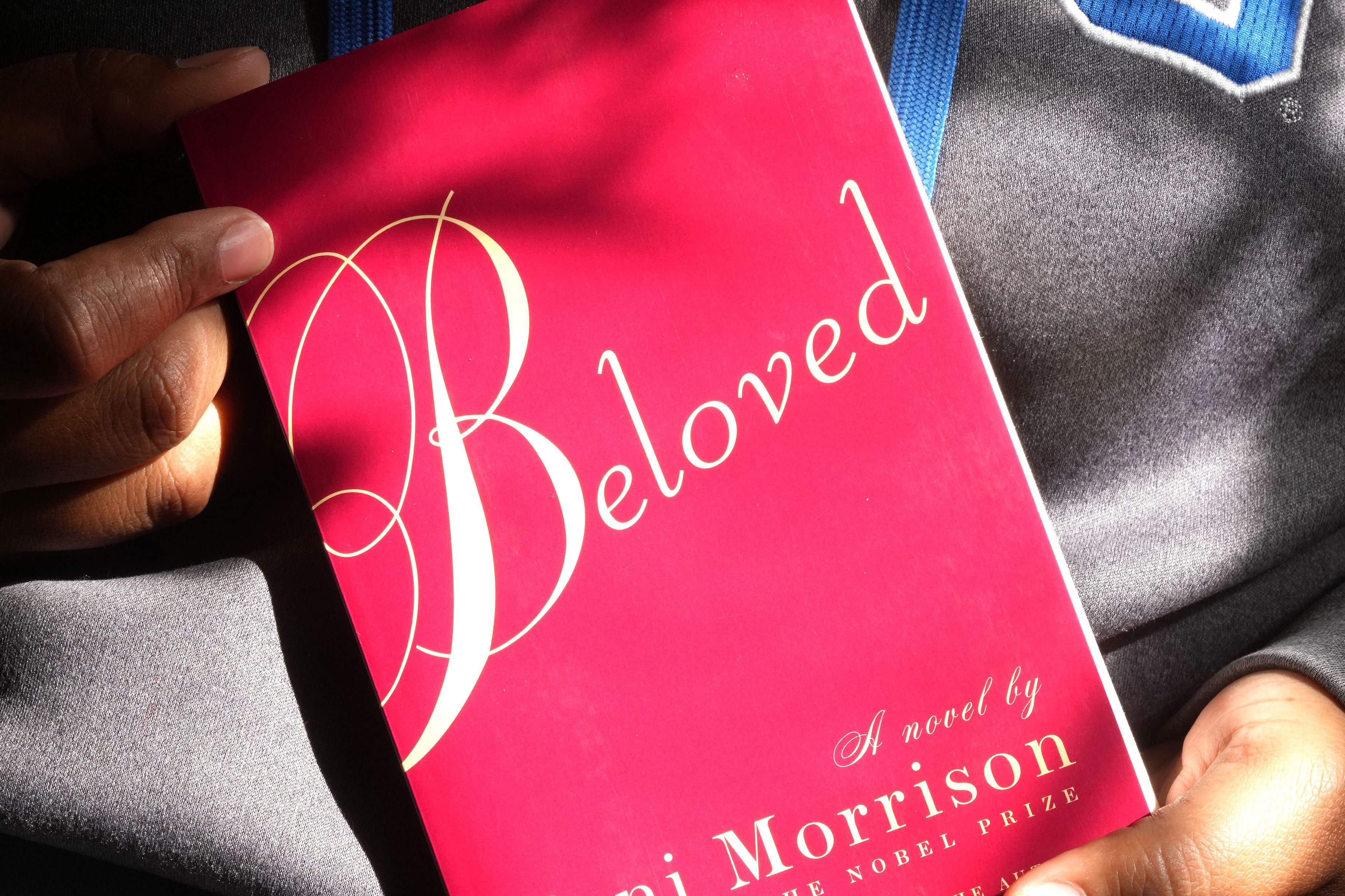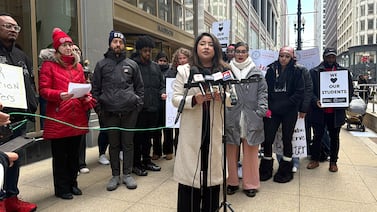Sign up for Chalkbeat Tennessee’s free newsletter to keep up with statewide education policy and Memphis-Shelby County Schools.
A federal judge has declined to block ongoing book bans at one of Tennessee’s largest school districts before a full trial next year.
In April, after months of heated school board meetings and district schools pulling more than 140 books from library shelves, three high school students sued the Rutherford County Board of Education. The students, represented by the American Civil Liberties Union, argued in initial filings the book bans violated their First Amendment rights and disadvantaged students by blocking them from accessing “crucial, acclaimed, and historical works.”
Judge Eli Richardson denied a preliminary injunction this week, declining to block the district from limiting access to books until the full trial plays out and indicating that the defendants have an uphill battle in the case.
“Here, the Board (or for that matter the State writ large) has not prohibited students from reading the books or acquiring them elsewhere; instead it has merely opted not to carry them on school library bookshelves,” Richardson wrote.
Attorneys for both parties declined to comment on the ruling on Thursday.
The Rutherford County case, which also includes the literary and free expression group PEN America as a plaintiff, is the first legal challenge to Tennessee’s expanded school book statute in 2024 that culled hundreds of books from school shelves.
Rutherford County book removals include “Beloved,” a Pulitzer Prize-winning novel about the horrors of American slavery that includes depictions of sexual violence, and “Catch-22,” a satirical World War II novel. Both books have been recommended in Advanced Placement literature classes curricula in previous years.
The Republican-backed legislature used a state obscenity law to prohibit any school material that “in whole or in part contains descriptions or depictions of sexual excitement, sexual conduct, excess violence, or sadomasochistic abuse” or is “patently offensive.”
But guidance for interpreting the law was limited when schools were required to implement it last fall. Critics wondered if books depicting classic art with nude figures or books about puberty education could be included in the ban and questioned who gets to define “excess” violence or offensive content. The ACLU of Tennessee warned the law would be wielded by some who wanted to ban books that address race, racism, LGBTQ+ rights, and marginalized groups.
Other removals in Rutherford County include “The Perks of Being a Wallflower,” a popular young adult novel in which a supporting character is gay, and “Wicked,” the popular retelling of Wizard of Oz.
A 2024 survey of members of the Tennessee Association of School Librarians found that more than 1,100 titles were removed in just a few months, as schools grappled with how to interpret the newly expanded law. PEN America named Tennessee as among the top 3 states with the largest number of book bans in the last school year.
A review in The Tennessean earlier this year found book removals surged in the past year, with 1,155 unique titles either fully removed from school libraries or heavily age-restricted between December 2023 and January 2025.
A full trial in the Rutherford County case is not expected to begin until next fall.
Melissa Brown is the bureau chief for Chalkbeat Tennessee. Contact Melissa at mbrown@chalkbeat.org.






